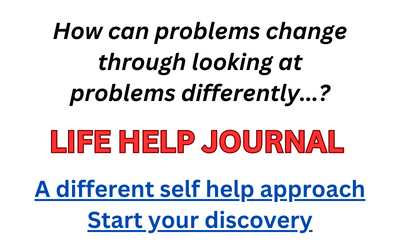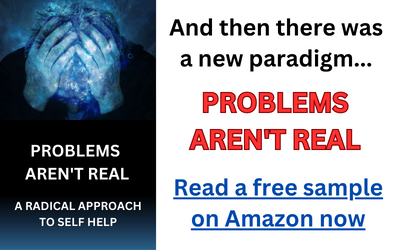I was quite surprised to learn of Hollywood movie director Tony Scott’s death, for one reason primarily: it was a death by suicide. For those of you who are unfamiliar with Scott he was a big-time player in the Hollywood landscape with a film bio that included Top Gun, among many others.
I was not the only one surprised by the nature of Scott’s death. It was so unfathomable that someone in Scott’s position — a position that surely included tremendous wealth and influence — would commit suicide that it was speculated and then outright reported in the media that Scott had fatal brain cancer. Scott’s wife denied this speculation and it was later validated by coroner’s report that Scott did not have brain cancer at all — or any other terminal medical condition.
The speculation about Tony Scott’s reason for committing suicide was based on a widely held belief: external circumstances bring about happiness, or cause suffering. The external conditions of Scott’s life seemed impeccable. He had a dream career that paid millions of dollars in salary and gave him tremendous influence. For most people then the only logical explanation for Tony Scott’s suicide was some negative external circumstance within his life that wasn’t widely known.
Thus the speculation about brain cancer. Some people in fact continue to claim that Scott did have cancer. But it’s simply not so, unless both Scott’s wife as well as the medical examiner who autopsied his body are not telling the truth.
One thing the medical examiner did find is that Scott was taking antidepressants and medication for sleep deprivation. This would seem to indicate that Scott had depression. Depression does explain suicide but in this case it raises the question of how a rich, powerful, healthy man could be depressed.
The ultimate insight about Tony Scott’s sad passing is that external circumstances do not bring peace and happiness. Life peace and happiness have always been, and will always be, an inside job. Tony Scott had, by nearly any measure, extremely favorable external circumstances within his life experience. But he discounted this, probably due to toxic thought streams.
This is how emotional suffering comes about — a thought stream arises that essentially states things are bad. This thought stream is accepted as truth, and a corresponding negative emotional response occurs: depression, anxiety, despair, anger, etc. In the absence of a thought stream or in the absence of “buying into” a thought stream, suffering does not happen.
For many people this will be an unbelievable revelation. It is a basic truth, a certainty, for nearly everyone that unfavorable life circumstances lead to suffering. I am not suggesting that life circumstances cannot appear unfavorable or unpleasant but the meaning life circumstances take on — this is good, this is bad — occurs as a result of thinking.
I am not personally familiar with Tony Scott’s experiences but my guess is he was inundated with negative thought streams. Scott accepted these thought streams as valid and truthful and had an emotional spiraling down as a result. The power of thought streams is indicated by the fact that the therapeutic levels of antidepressant Scott was taking didn’t sufficiently end his turmoil.
Life can feel very difficult. Even those among us who have significant material wealth and prestige can suffer enormously in the face of the life experience. But do not accept that more favorable life circumstances are the absolute cure for suffering. It is simply not so and Tony Scott, who was said to be a fine person, is proof. Life suffering, and the end of life suffering, works from the inside out — not outside in.

